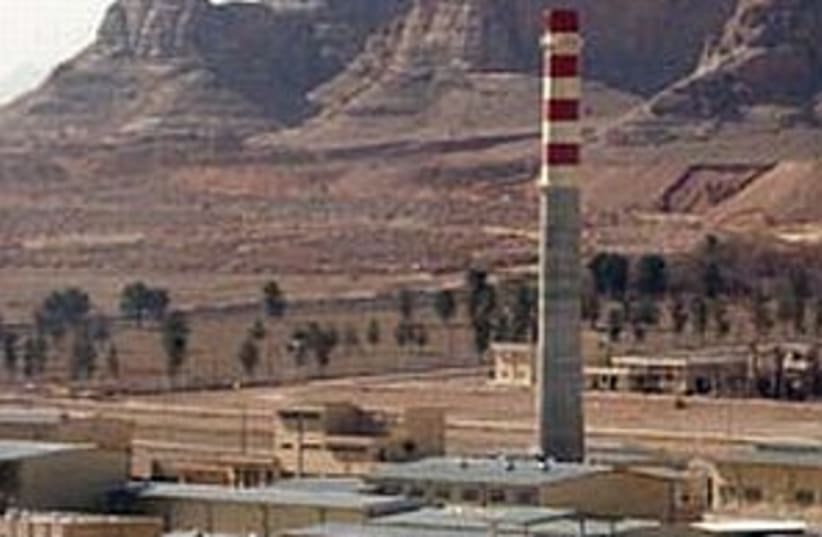| More about: | Africa, Iran, African National Congress, Non-Aligned Movement |
Analysis: Why is S. Africa helping Iran?
South African and Iranian defense ministers meet to discuss mutual defense cooperation.


| More about: | Africa, Iran, African National Congress, Non-Aligned Movement |